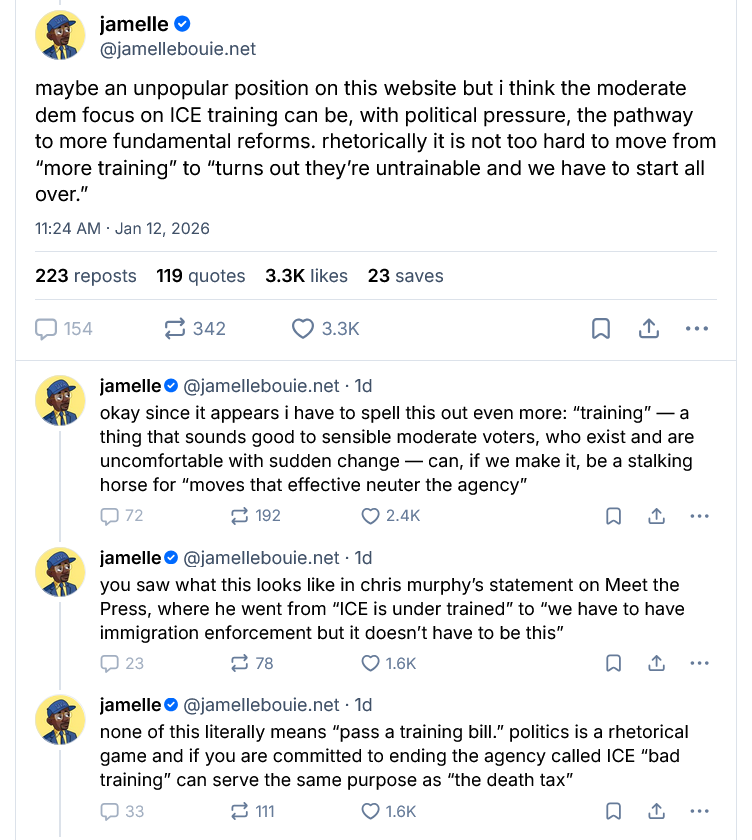Thread: I was just invited to speak to students at Harvard about how to pursue social justice in the face of pressure to work for wealthy corporations. As I walked on campus, I passed the Arthur Sackler museum, and it got me thinking about how our society defines “crime.” 



Sackler built a fortune in part by pioneering new marketing techniques for exploiting drug monopolies and bribing doctors for prescribing his drugs. This was possible b/c U.S. criminal laws permit the rich to hoard even publicly funded patents that could save millions of lives.
We live in a society in which the wealthy have decided that it isn’t a “crime” to watch someone die by hoarding insulin medication developed with public investment but it is a “crime” to take a dose of insulin without paying for it.
As an aside, after he died, Sackler’s family and company caused the opioid epidemic using the bribery marketing techniques Arthur Sackler championed. But the family are still billionaires, and his name adorns buildings in the richest university in the world.
What about the poor? Police and prosecutors have gorged themselves on prosecuting human beings addicted to opioids, putting them in grotesque cages and taking them away from their children and loved ones. They used this crisis to squeeze record budgets for cops and prisons.
I discuss this concept with hundreds of interesting and infuriating examples here. It’s worth reading and thinking about how the concepts of “crime” and “law enforcement” are shaped by people who own things. yalelawjournal.org/forum/the-puni…
• • •
Missing some Tweet in this thread? You can try to
force a refresh







